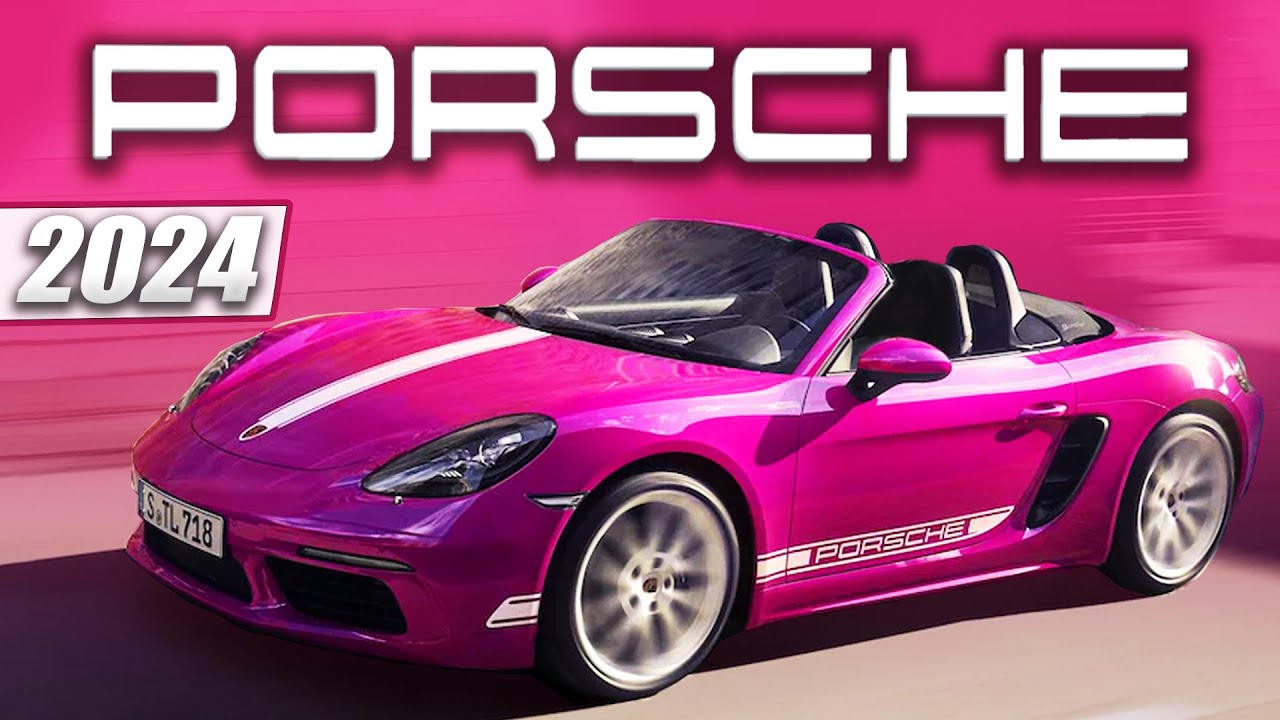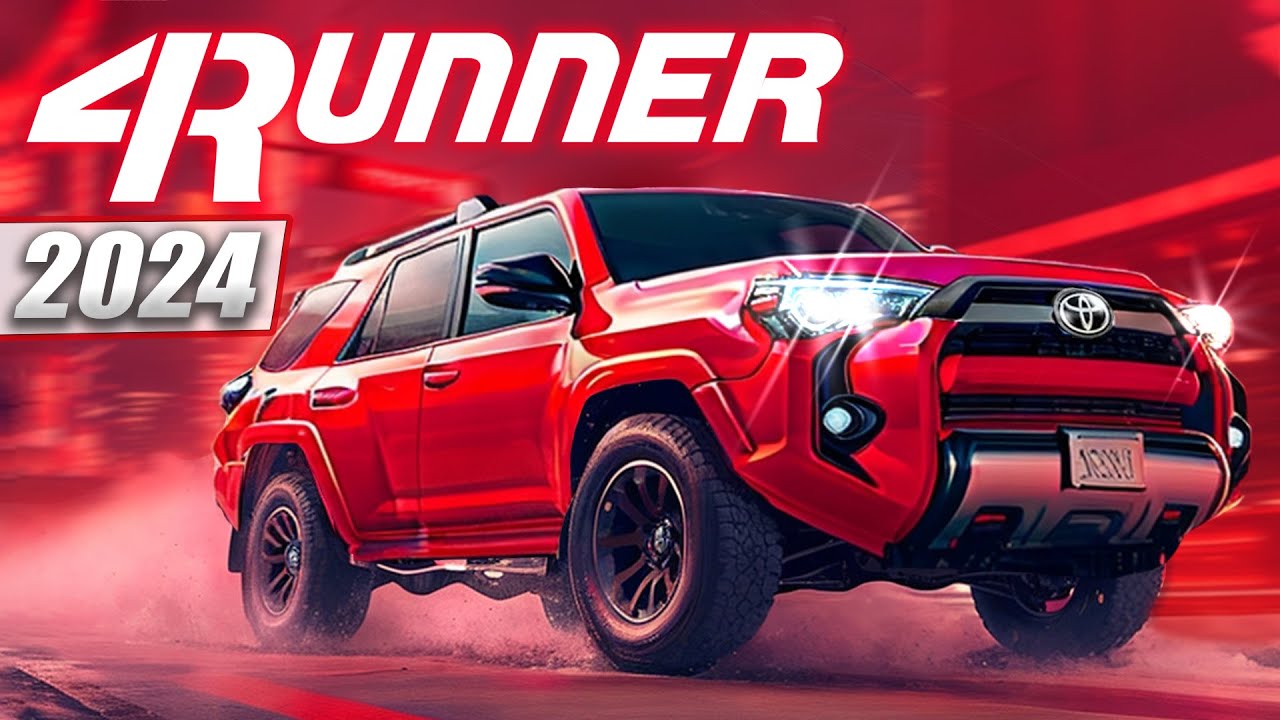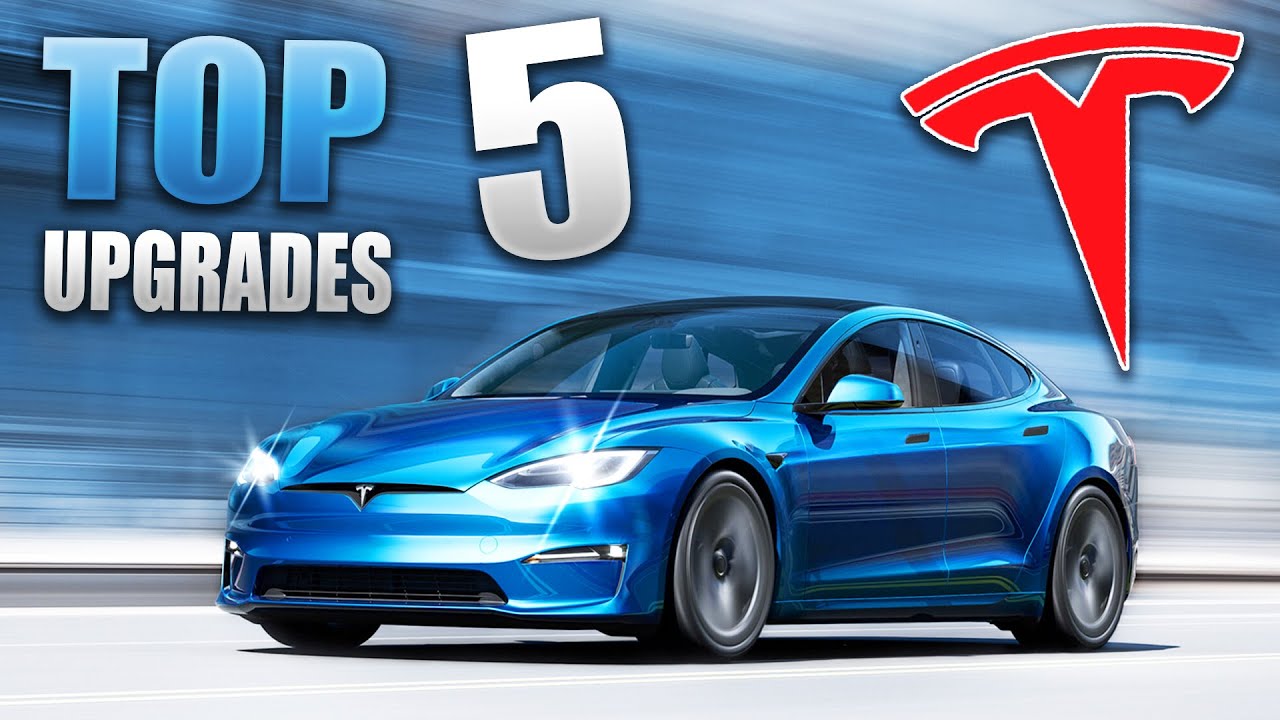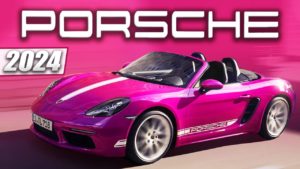Toyota is the world’s largest vehicle manufacturer. They have gotten here by planning decades ahead and sticking to the plan. Recently, we are starting to see cracks in their armor. Toyota’s been making questionable decisions that have put them in a tough spot. Consequently, there has been a drop in sales, an increase in recall numbers, and, most importantly, An overall decline in customer satisfaction. Have you been watching what is going on?
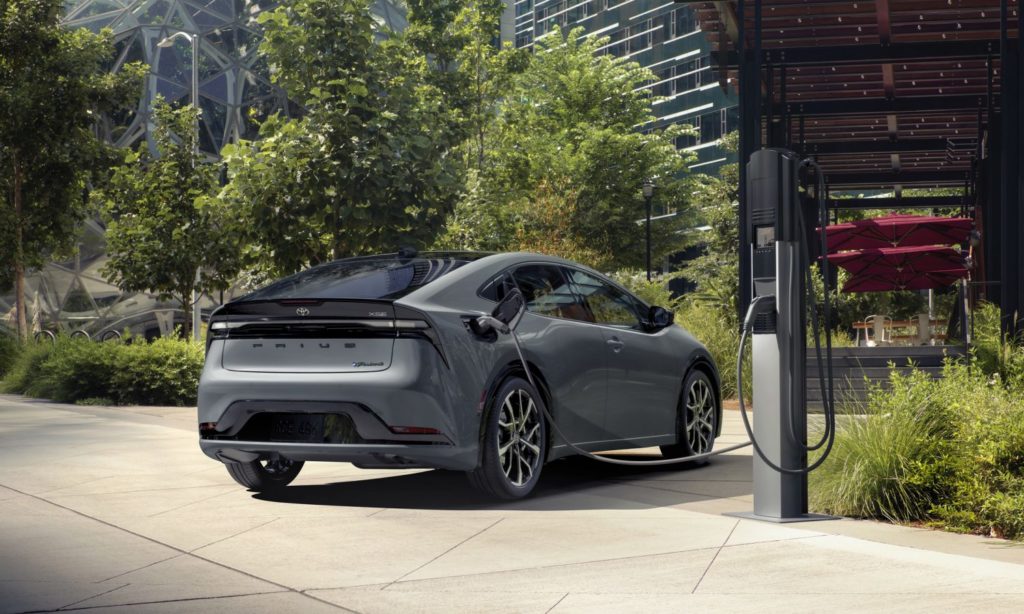
Toyota needs to move faster to reduce carbon emissions. To escalate further, some say it is actively opposing climate reduction efforts. Electric vehicles are one of the best efforts to reduce carbon emissions. This is a genuine problem that threatens our planet’s future.
Many people want a cleaner and healthy environment but still need to be able to drive around. This means there is a high demand for electric vehicles worldwide.
While other companies like Volkswagen have committed to completely phasing out vehicles powered solely by fossil fuels in the next ten years, what Toyota did next would give you thrills.

Last year, the media went berserk when they learned Toyota is spending $70 billion to electrify its automobiles by 2030.
But they missed the essential part—the financial commitment is for electric vehicles. Electrification doesn’t mean electric cars.
Electrification means plug-in hybrids, hybrids, and battery-powered electric vehicles. But the media’s love affair with Toyota meant they still went crazy when they later discovered that Toyota’s investment in fully electric vehicles was less than 10% of that $70 billion.
For context, Volkswagen, the closest rival, has 320,000 Evs already in the market, followed by Hyundai, having 221,000. But in the case of Toyota, do you know how many?
Less than 20,000!
Yes, you heard that correctly, less than 20k. Now compare that to Tesla.
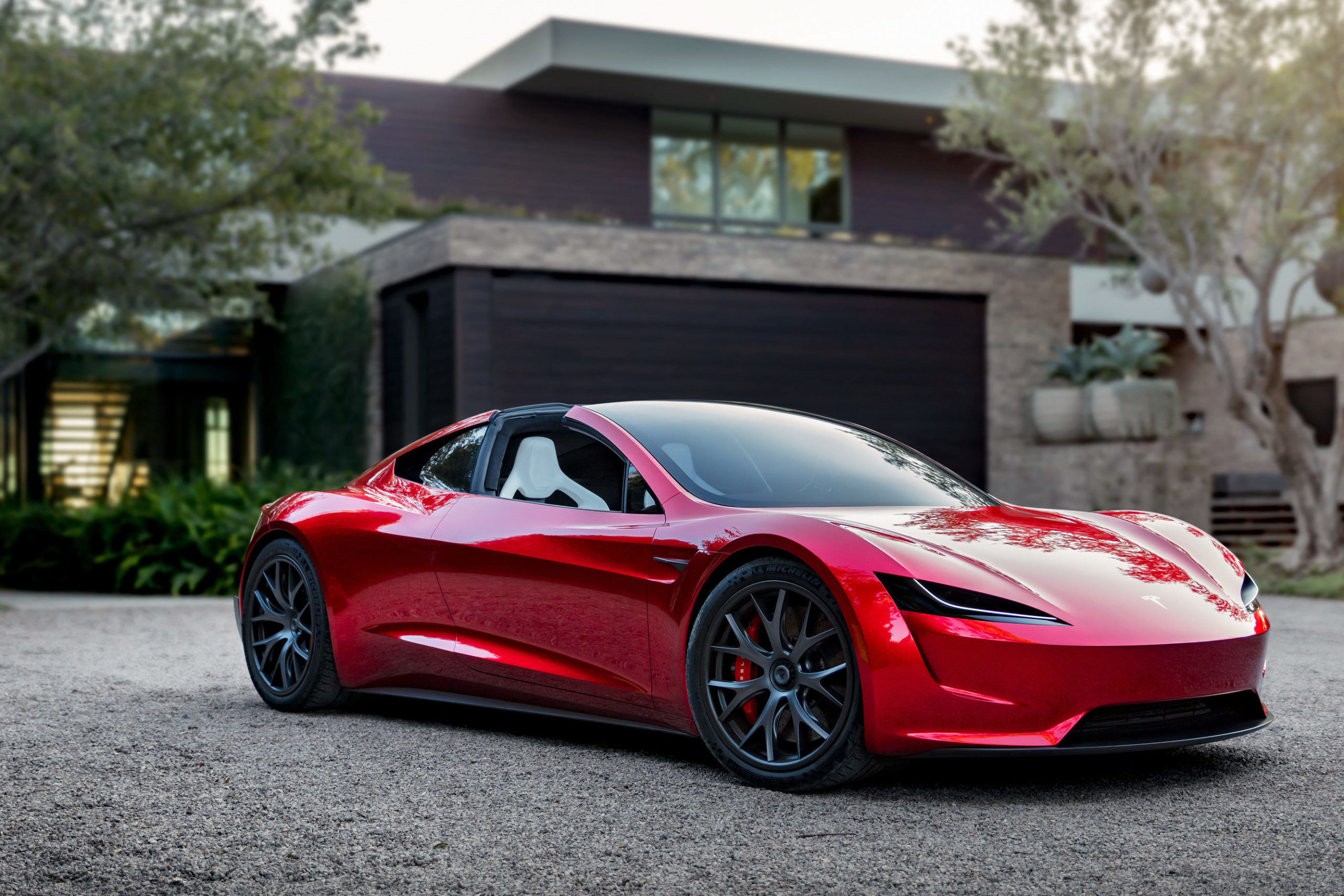
So why is Toyota the most reluctant to fully embrace electric vehicles?
The answer lies in their long history of EV technology, which they have been researching since 2006. The Prius Model was the starting point for the company’s current journey into hybrid and electric vehicles.
Toyota was the first to launch large-scale research on all-electric vehicles when most people were unaware of them. The largest car maker in the world has only ever released one EV to the public. It was the Toyota BZ4X Model.
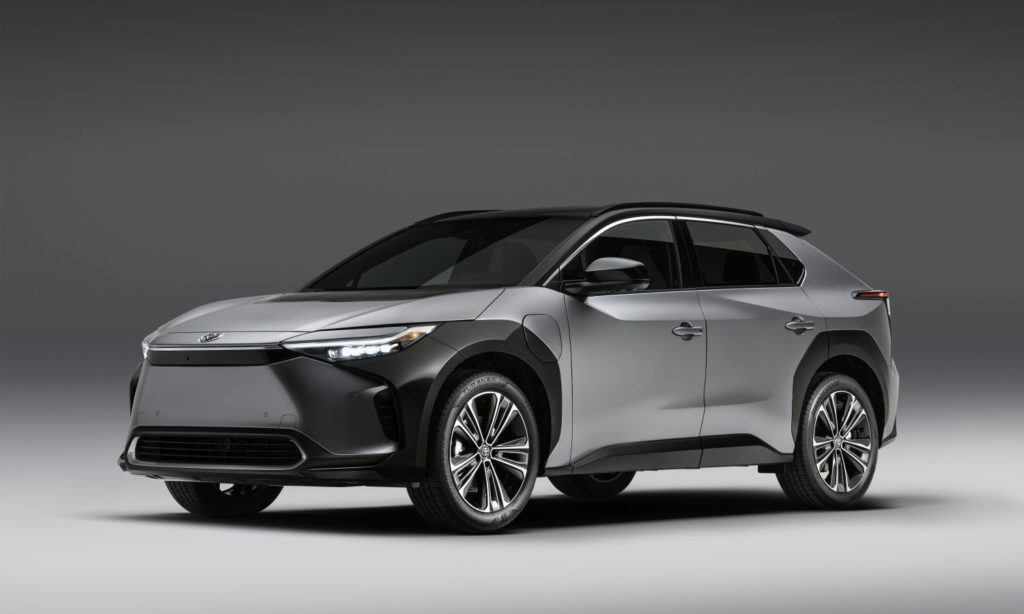
And the results were? Well very disgraceful
The BZ4X is an abbreviation for Beyond Zero. The 4x are in reference to the compact size of the crossover. But little did Toyota know using the word Zero would ring so true. As of June 2022, Toyota issued a global recall for this crossover SUV. The Hub Bolts on the wheel could come loose following a sharp swerve, turn, or hard braking.
The issue is caused by a lack of installing a 10-cent washer! This type of recall is not very Toyota.
Explaining this incident, Daisuke Edo, the Chief Engineer, said that the combination of heat buildup and the extra weight from the battery caused the wheel nuts to snap. Although that’s a rare take, one thing is sure; Losing your car wheel on the road is a grave safety concern.
Though Toyota tried to arrest the situation by recalling and fixing these cars, the damage had already been done. The PR effect was already in motion, and the world had already seen Toyota’s incapability to make reliable electric vehicles.
And with electric vehicles becoming increasingly popular and reliable, Toyota’s lackluster performance in this sector has cost them dearly.
And this is where things decide to get really messy.
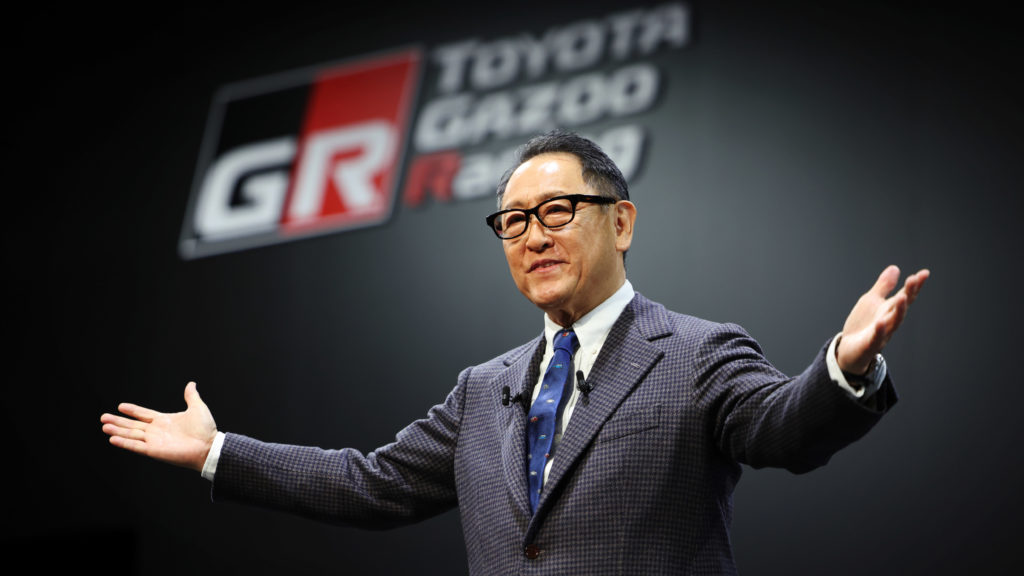
Akiodo Toyoda, the company’s former chairman, is a fierce EV opponent. He has been quoted multiple times saying that electric vehicles are not feasible for mass production. He sees the electric vehicle industry as a bubble and believes it will eventually collapse due to its high running cost.
At the Las Vegas Dealers Summit in 2020, he said, “Battery Electric vehicles are just going to take longer than the media would like us to believe.” He further stated that the company’s goal remains to please customers with a wide range of powertrains.
This bold statement from the former chairman shows a lack of faith in the EV industry. It explains why Toyota has been so reluctant to jump on the bandwagon.
However, with increasing pressure from governments, environmental advocacy groups, and other car manufacturers, Toyota had to make some changes. The first came with Akiodo stepping down from being the company’s CEO and being replaced by Koji Sato.

The second was Sato unveiling the company’s new plans for carbon neutrality cars to investors in April 2023. You might think the company has finally embraced electric cars and is ready to bring them to the market.
However, it appears that Toyota still isn’t willing to commit fully.
The company plans to introduce three different EV types- hybrids, plug-in hybrids, and all-electric vehicles. However, they only plan on producing a small number of all-electric cars, so they are still looking for ways to make their current hybrids and plug-ins the primary source of the company’s sales.
What’s funny is that Akiodo Toyoda didn’t step down as CEO to retire. He stepped up to become the chairman of Toyota’s EV division, which shows there is still a lot of influence from the old guard as his chosen successor shares his views.
Now the Big question; What is Toyota thinking?
This strategy is understandable; Toyota has been in business for over a century, and making sweeping changes can often be risky. Nonetheless, it seems clear that Toyota will not sack its CEO over frivolous market sentiments. We’re talking about the founder’s grandson here.
As mentioned earlier, Toyota is a company focused on long-term planning. Do you remember the electric vehicle research that was conducted in early 2006 on Lithium and other EV technologies?
Here’s what they realized-Carbon Neutral might be more sustainable than Carbon Reducing Energy Solutions.
Besides, Toyota also expects that within the next five to ten years, there will be “tremendous shortages” of Lithium and battery-grade nickel, resulting in production and supply chain logistics issues.
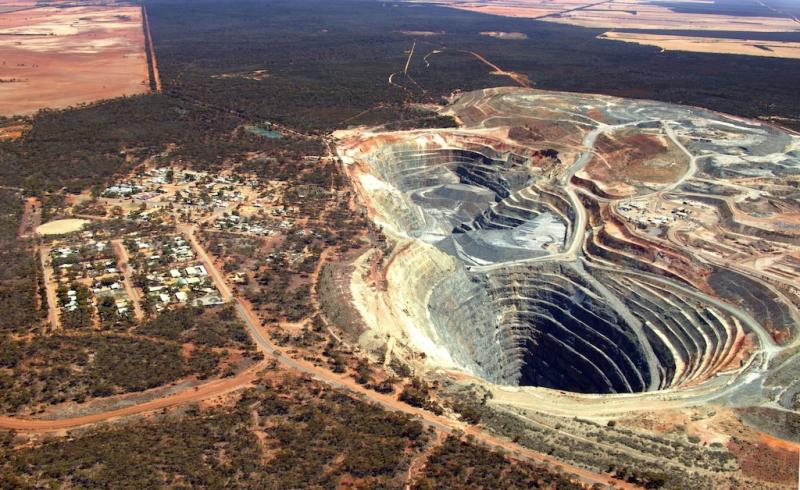
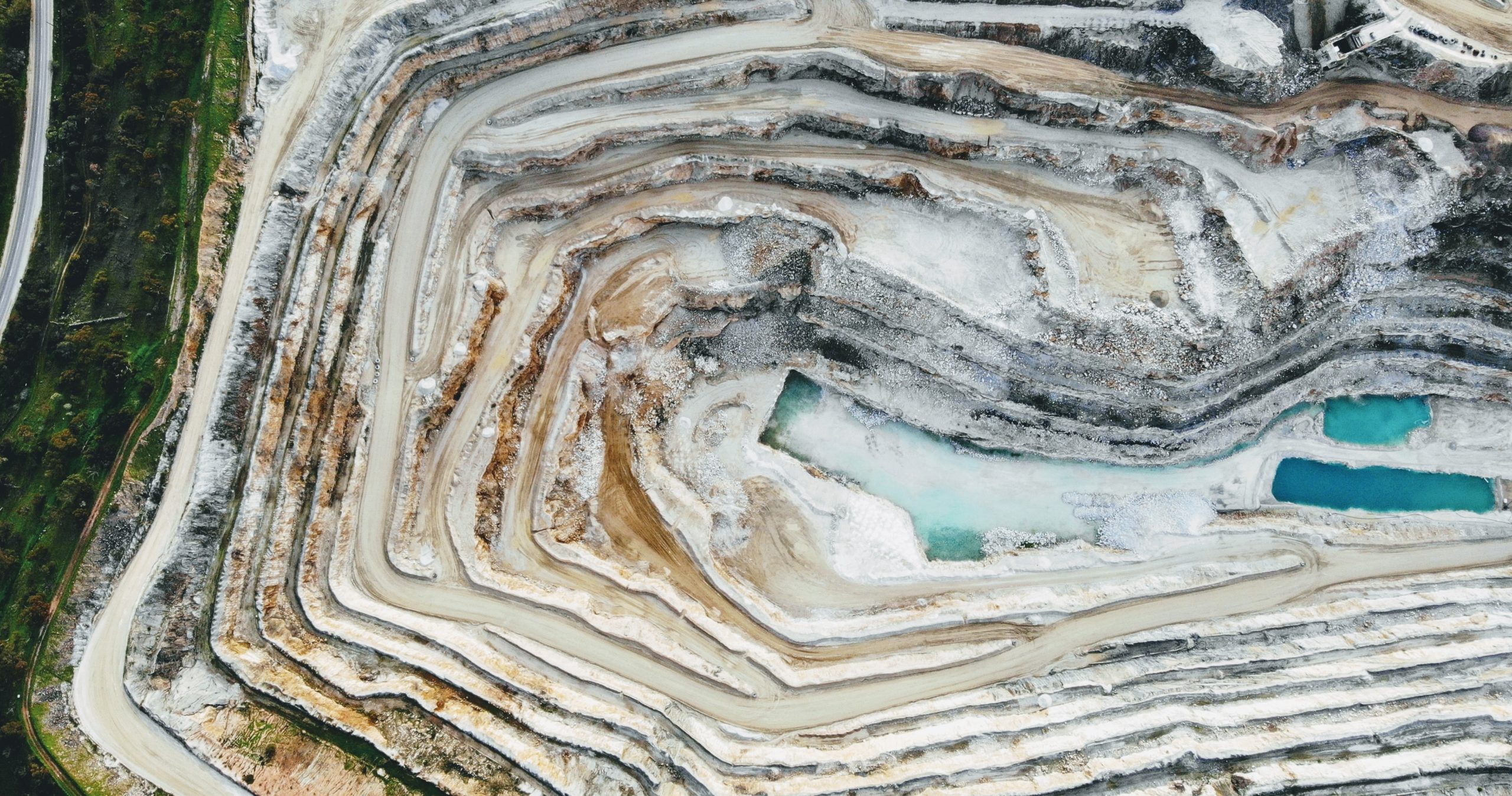
In addition to supply chain issues, environmental concerns exist with creating electric vehicles. Electric cars are part of the solution to climate change, but building electric cars means we need more raw materials like Cobalt, Manganese, Steel, Lithium, and Aluminum. And getting these materials out of the ground is done via mining, which has a significant environmental impact.
What is worse than thinking that these batteries are heavy, need particular disposal to prevent environmental harm, and are not sustainable in fighting for carbon neutrality in the long run?
That’s a big score against EV lovers.


Toyota’s European research and development vice president, Gerald Killmann, explained why the carmaker had yet to adopt EVs. Addressing the issue of scarcity of batteries, he boasts that Toyota could produce enough batteries for 28,000 Evs every year, but selling hybrids reduces carbon emissions a third more than pure EVs.
But although the automaker has chosen a more measured and cautious approach to electric vehicles, this does not mean that Toyota is entirely against them. The corporation is committed to investing heavily in electric vehicles over the following decade. Simply put, Toyoda believes that consumers should have more options, citing the fact that hybrids and hydrogen-powered vehicles can make an impact sooner rather than later.
Besides, not all countries are firmly pushing for the electrification of the automotive sector. The fact is that even the world’s biggest economies are still prudent about the electric vehicle market. At the same time, some are still heavily dependent on fossil fuels. For instance, only California actively implements EV strategies, while the rest of the US still relies on fossil fuels.
According to Reuters, Toyota’s top executive officer in North America said that “Biden has not committed to a particular year when he will terminate support for the sale of gasoline-powered vehicles, but he has stated that he wants EVs and plug-in hybrids to account for half of all new vehicles sold by the year 2030.”
China, though bullish on electric vehicles, still makes petrol vehicles. The government has announced an ambitious plan to phase out the production and sale of gasoline-powered vehicles. Still, it has yet to specify a timeline.
Toyota’s answer to this challenge is to give its customers more options, such as hybrids and plug-in hybrids, that balance performance and sustainability. By doing so, they can appeal to both traditional and modern consumers while helping the world move towards a more sustainable future.
But how wrong they are!
More is coming up in part two. Stay tuned


